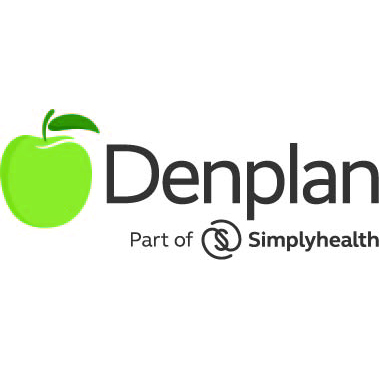New community event the Denplan Summit coming in May 2025
Leading dental payment plan provider Denplan announces a new community event for 2025, the Denplan...Denplan launches hygiene plan to boost preventative care options for patients
Denplan has launched a new hygiene plan to support practices to offer affordable hygiene...















